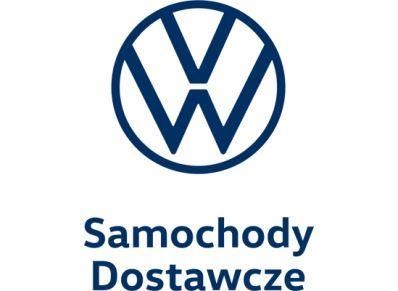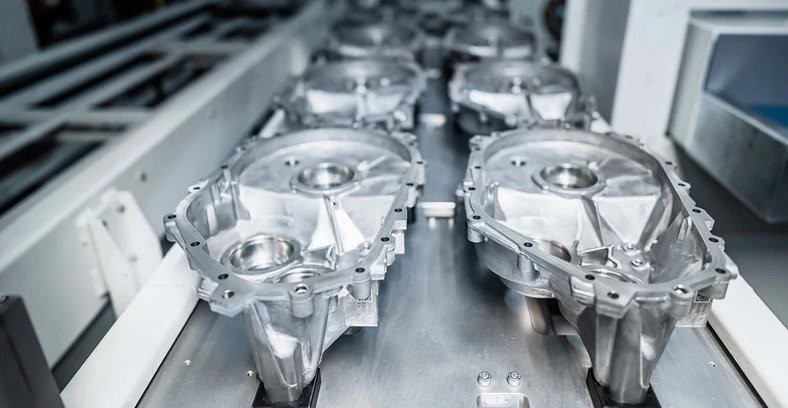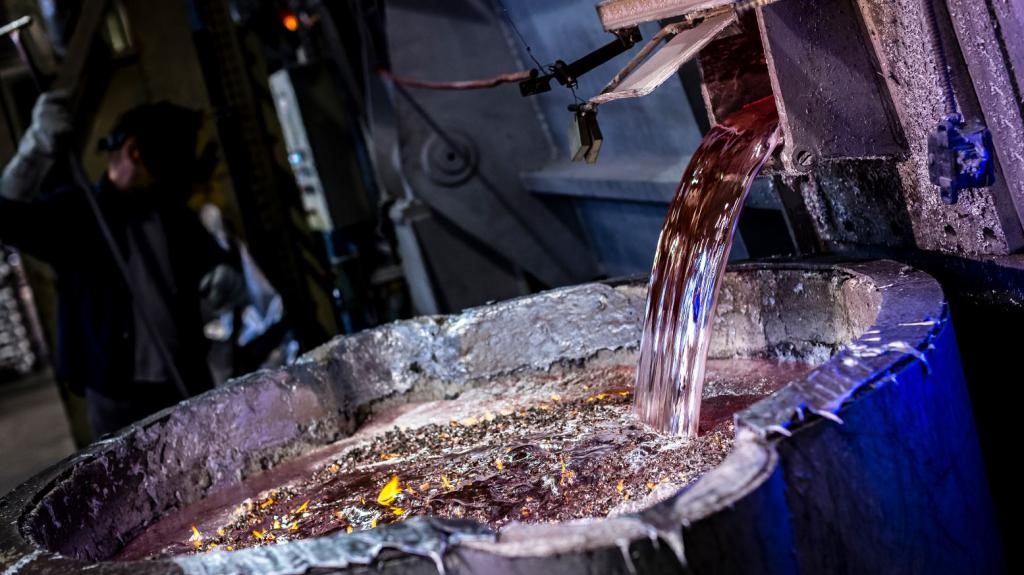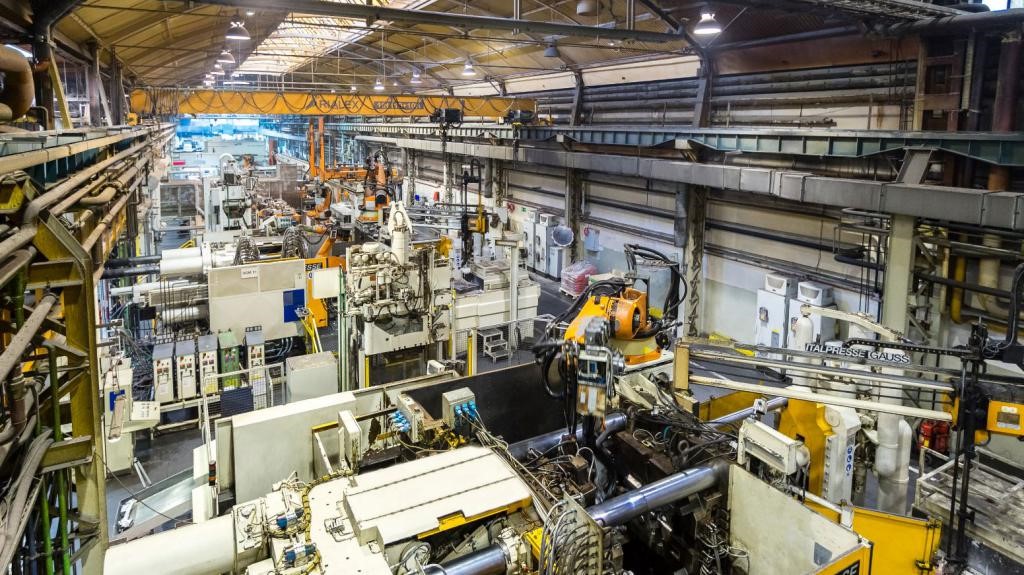

The Volkswagen Poznań foundry is one of the largest aluminium foundries in Europe and also the third-largest in the VW concern. It is from the capital of Wielkopolska that almost all companies belonging to the German giant leave for factories around the world. This is where the transmission housings for the ID.3 electric manufactured in Zwickau are sent. It is no secret that the development direction of the Volkswagen Group is electromobility. Each of the concern's brands already offers at least one fully electric model and the revolution in the model range entails changes in the method of production.

The report has come that the Poznań plant will have a significant share in the implementation of VW's strategy.
Patrycja Kasprzyk, Volkswagen spokesman said: As a result of the tender procedure, the Volkswagen Poznań Foundry won orders for the production of electric motor housings for a wide range of models driven in this way from various brands of the Volkswagen Group. The first tender entrusted the production of the electric motor housing of the front axle, rear axle and the rear axle of the PPE Performance platform for premium electric cars: Audi and Porsche.”

The start of serial production is planned for mid-2022, and the plant is to ultimately produce 860,000 pieces of these items per year. As part of the necessary investments, a completely new production line will be built, 10 new processing machines, a washing machine and an automatic packaging machine will be purchased - explained Kasprzyk.
The second tender, concluded in October, will allow the production of electric motor housings for models built on the MEB Performance platform to be launched in the Poznań foundry.

“These are mainly Volkswagen's flagship electric models: ID.3 and ID.4, but also other models of brands such as Skoda, Seat, Audi, and the future VW ID. Buzz. In this case, serial production of components will start in the first quarter of 2023, and the estimated maximum production volume will be over 450,000 pieces per year” - explained the representative of VWP.
In the case of Skoda, it is the Enyaq iV model. The seat is a daughter company of CUPRA and the el-Born compact hatchback. Audi is about to introduce an electric SUV, the Q4 e-Tron.
For the purposes of this production, the existing MEB Base + production line will be expanded, on which today components for the electric ID.3 are produced. There will be additional machines and devices and 4 more processing machines, a washing machine and an automatic packing machine.

Thomas Kreuzinger-Janik, Director of the Volkswagen Poznań Foundry, said: “In our strategic planning process, we took into account the growing e-mobility market. Therefore, our technical planning department planned the production equipment for ID.3 at the stage of designing the MEB Base + production line so that their expansion was possible. Therefore, we can now use this line for the production of electric motor housings for cars mounted on the MEB Performance platform.”
“Die casting uses the standards from the MEB Base + project, and the existing MEB Base + line will be expanded to include various machining systems. In this way, the Poznań foundry will produce almost one and a half million components per year for electric models of the VW concern”, he added
As VW representatives emphasize, the contracts won will allow for securing jobs in the foundry. At the same time, the production of housings for electric motors will be more environmentally friendly. Mechanical processing of the components will be carried out with the minimum use of coolant - the MMS method (Minimal-Mengen-Schmierung).
The Volkswagen Group also places great importance on ensuring that its electric vehicles are carbon-neutral throughout the entire supply chain.



Responses






